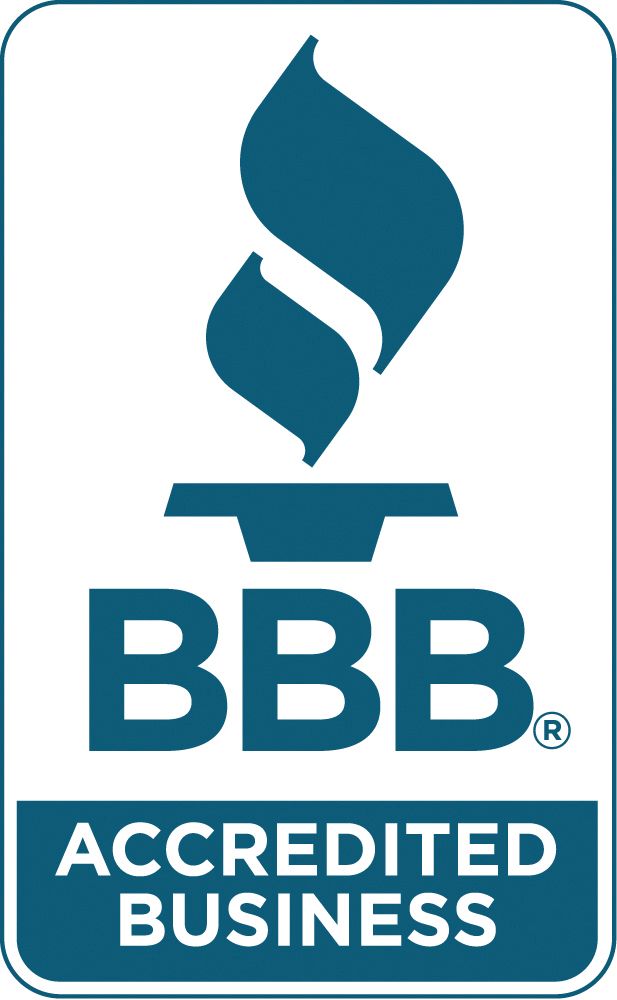Lack of Parent Engagement in Child and Family Teams
The results indicate that 50% of the parents of foster children are not involved in the CFT process.

Parents are not as engaged in the Child and Family Team (CFT) process as child welfare agencies would like, according to a new survey conducted by Praxes Behavioral Health. Having surveyed members of over 100 organizations, the results indicate shortcomings in the process. CFTs are a key component of the Integrated Core Practice Model (ICPM), used to help organizations work together. While it does create synchronization for the agencies involved with a child in helping them receive services, it still misses the mark in helping their parents.
Examples of results from the survey indicate:
· Parent involvement – of agencies surveyed, 50% of their clients’ parents attend the CFT meetings.
· Attendance – 50% of the agencies’ parents who attended did so regularly.
· Participation – 42% of the parents participated in verbal or written form during the meeting.
· Using teleconference media – 51% of the agencies used Zoom or other media to encourage parents to attend.
These results indicate that 50% of the parents of foster children are not involved in the CFT process.
Then we looked at the reasons for lack of attendance. The highest was work conflicts, followed by childcare, transportation, distance from the CFT meeting, and finally lack of interest. Also, the reasons for non-involvement were due to the parents’ own problems and stress, no interest to participate, intimidation by county officials, feeling it was a waste of time, and finally their lack of knowledge about the CFT process.
Lastly, we asked what could be done to help improve parent involvement. There were some suggestions:
1. Make the CFT process more family-friendly
2. Educate parents on the value of the CFT
3. Have a parent partner or advocate attend to support them
4. Help the parents feel treated with respect
5. Give the parents time in the meeting to discuss their hopes and desires and feel part of the team.
Based on this information, the CFT process is not entirely inclusive of parents. Although they are invited, the process does not cater to their needs. Meetings are held while parents work. Parents do not receive the knowledge about why the meetings are important and why their voice needs to be heard. While the meetings focus on the child, they neglect the parents who, after all, are the ones who will be reunited with the child. Better efforts are necessary to engage the parents, such as the Parent Advocates mentioned. This approach would not only support but also educate and train parents on improving their skills as a caregiver. Making the meetings accessible, understandable, and inviting will increase parent involvement.
For more information on our survey, please contact us.




